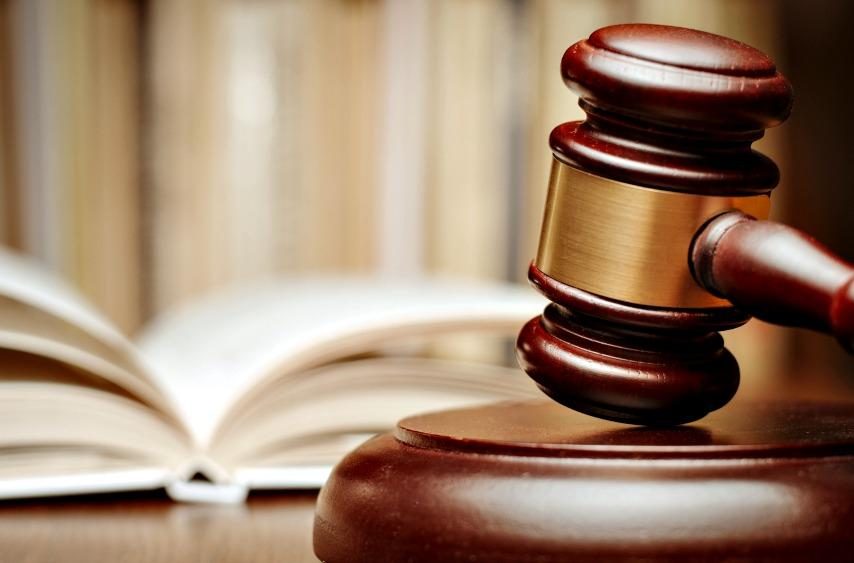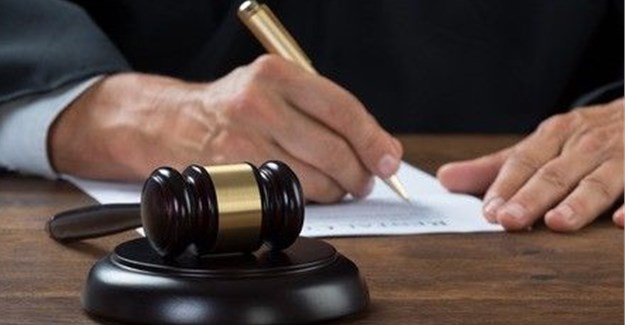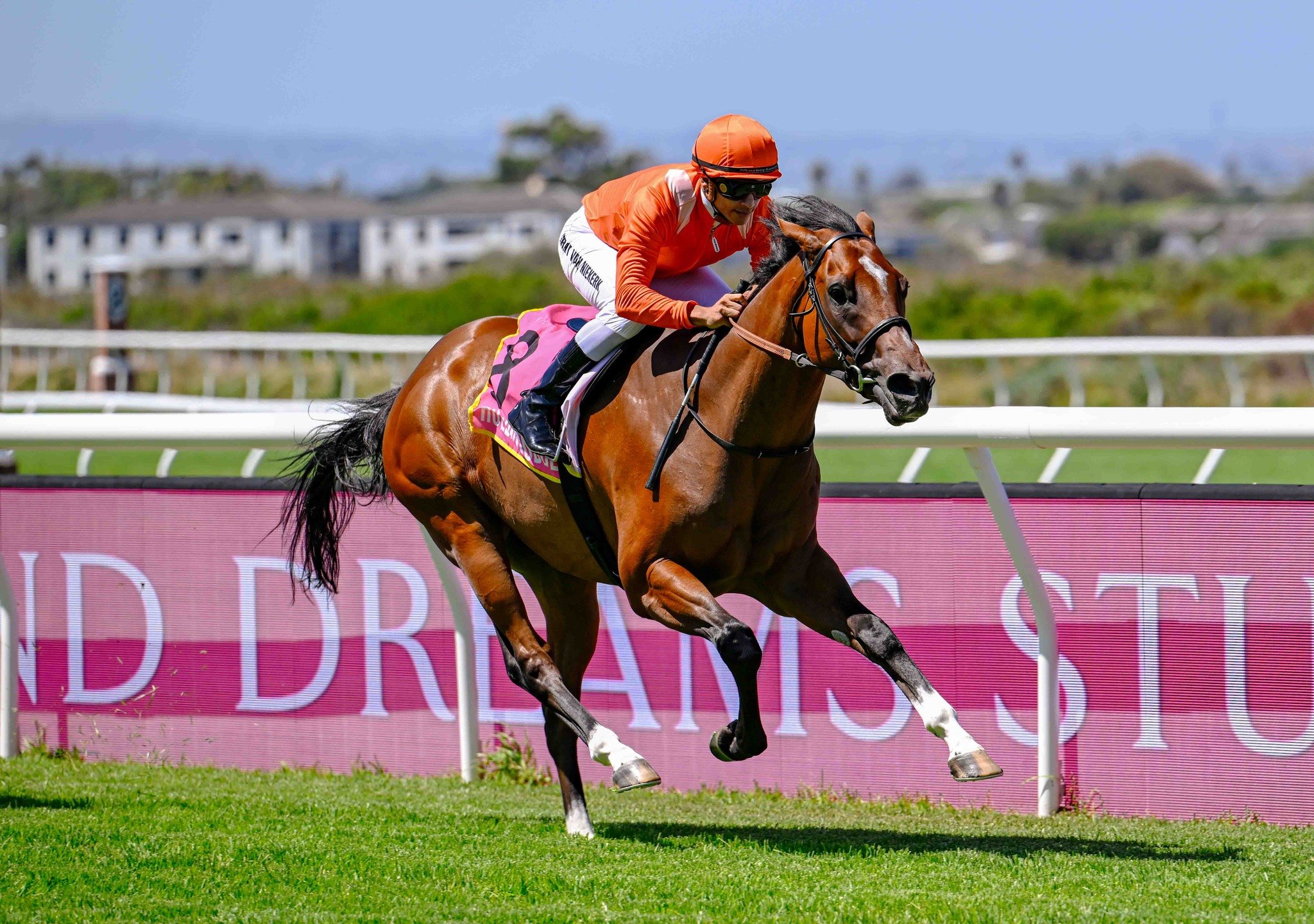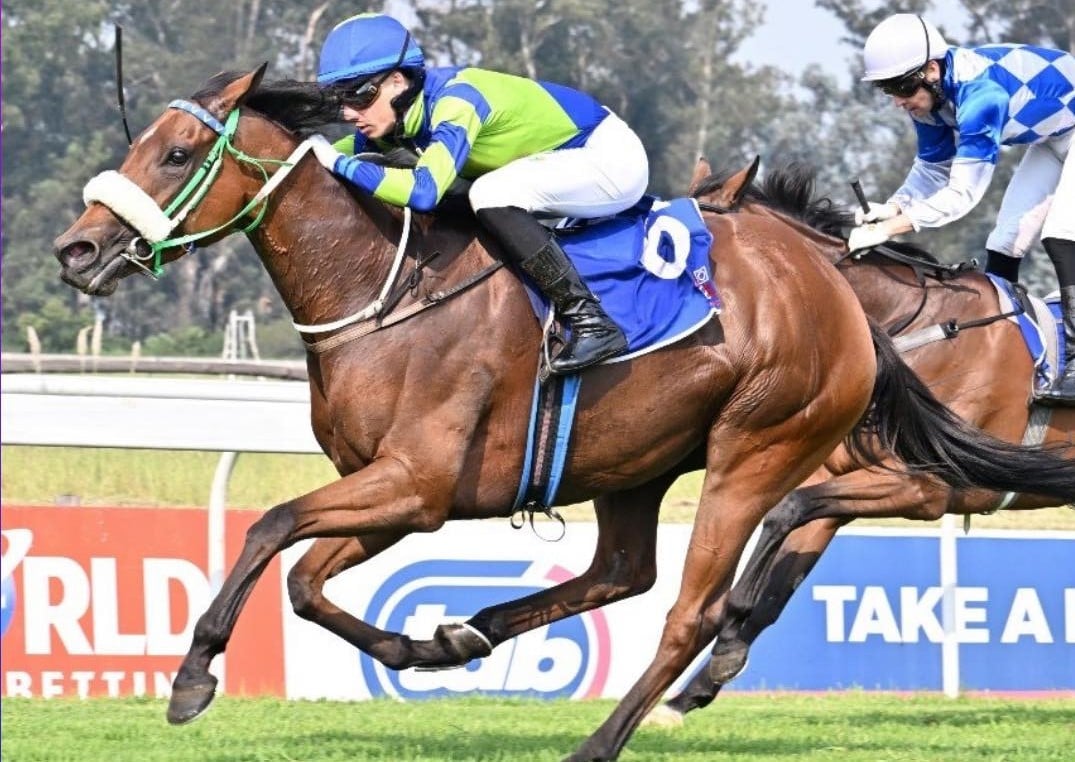With a lifetime of experience in horseracing matters and related law, Robert Bloomberg has called on the industry to take cognizance of what he labels a flagrant disregard for the principles of natural justice and an arrogant absence of plain common sense by the National Horseracing Authority of South Africa.
A former Chairman of Kenilworth Racing, and respected and much utilized Attorney and Consultant to the horseracing industry, and a man who has held a multitude of senior board and ancillary positions across the horseracing spectrum in South Africa, Bloomberg’s letter to the Sporting Post mailbag is a sequel to a contentious objection in the eighth race at Turffontein on Tuesday 20 December 2022.

The author, Robert Bloomberg
Mr Bloomberg writes:
I am privy to correspondence between trainer Stuart Pettigrew and Central Provinces Chief Stipe, Lyle Anderson and Racing Control Executive, Arnold Hyde.
To say that I am horrified at the unbelievable comments made by the pair is understating the situation.
Pettigrew takes rightful exception to stipe Andre Hoffmann sitting on the board that heard the objection, as Hoffmann is jockey Calvin Habib’s father-in-law – he is married to Hoffmann’s daughter who also apparently works for Sean Tarry. Habib lodged the objection involving his mount trained by Tarry.
Anderson admits in writing to Pettigrew that “obviously there is a family connection” and that “Andre has never shown any bias or favouritism towards him and as a stipe remains neutral. His integrity is beyond question.”
Hyde in a reply to an email from Pettigrew, and with scant regard for the law says in relation to Hoffmann that “his impartiality in proceedings has never been in doubt and is beyond reproach.”
He then adds that “the Chairman of the objection board (not Mr Hoffmann), that presided on Tuesday , has absolutely no doubt in his application of the rules and fair treatment of any participant in the proceedings and stands by the outcome thereof.”

For the uninitiated, that chairman was one Gavin Foxcroft (despite Anderson being present). I will remind people that the self-same Foxcroft was a member of a board that made an embarrassing decision on 3 September 2016 that many will recall, when they ludicrously and embarrassingly upheld an objection in favour of Nordic Storm over Querari Viking that was at best negligent and at worst jailable.
Foxcroft ultimately ‘accepted’ a retrenchment package 6 months later and became an assistant starter in KZN. Unfortunately, Hyde’s assurances will fall on deaf ears I’m afraid. At least Lyndon Barends, then CEO, had the fortitude to decry the former incident and to mete out suspensions/penalties to the ‘guilty’ parties.
Hyde further then adopts his customary threatening stance concluding that ‘the insinuation in your email under reply is refuted in its entirety with the rights of the NHA fully reserved.’ In other words, ‘how dare you Pettigrew cast aspersions on the integrity of our esteemed organization.’

.
Amazing also that Anderson and Hyde are supportive of each other as not that long ago Anderson was the subject of an internal disciplinary hearing and found ‘guilty’ of an alleged serious misdemeanour.
This led to his suspension for a few months before he was rightly exonerated on Appeal. Hyde played an integral part in all of this. The final board member in the ‘objection matter’ was David Rahilly. For those unaware, he is Hyde’s brother-in-law.
Hyde and Anderson both obfuscate and deflect and most certainly ignore trite law. This has nothing whatsoever to do with the honesty and integrity of Hoffmann, nor his allegedly impeccable track record.

It is all about the ‘perception of bias’. This is not actual bias, but perceived bias. It is the reasonable man test based on the reasonable apprehension of bias.
To spell it out, here we have a situation where the ‘complainant’ is the son-in-law of a person who sits in ‘judgement’ as his father-in-law, and whose daughter is employed by the trainer of a horse who is the subject of the objection.
There can be no doubt whatsoever that based on what is aforestated, that there is an irrefutable conflict of interests and as such a more than reasonable perception of bias.
This is literally a case of ‘related persons’ in terms of the Companies Act, and whether this was a Court of Law, an Arbitration, Board meeting, or in this case a domestic tribunal, Hoffmann had to, by law, recuse himself, which he failed to do. I have no doubt whatsoever that any Court will concur.

In Barnard vs Jockey Club of SA, one of the members of a tribunal hearing the applicant’s appeal was not entitled to sit.
The board was therefore improperly constituted, and that member should have recused himself. This was because that person was a partner in the firm of attorneys representing the respondent. The court held that the principles relating to recusal included creating a suspicion in the mind of a reasonable man that he was not impartial, or that there was a likelihood of bias.
The Barnard case goes hand-in-hand with Turner vs Jockey Club of SA where the court held that the internal tribunal did not afford Turner a fair and impartial hearing, and that the decision of the tribunal was invalid because the principles of natural justice were violated.
This is integral to our law. It is also worth noting that where such decision is vitiated through non-adherence to the principles of natural justice, that this cannot be later corrected by appeal proceedings to a higher authority, and that there must be a complete rehearing of the matter.
In Jockey Club of SA vs Feldman, the court held that a tribunal cannot disregard its own rules pertaining to the principles of natural justice.
Let us also not forget about Justice Vahed’s pillorying and castigation of former NHA chairman, Jonathan Witts-Hewinson, in the James Goodman matter, when he refused to recuse himself.

That matter serves as clear precedent to the facts herein. The learned judge referenced the case of Ndlovu vs Minister of Home Affairs, in particular, that there are two factors of fundamental importance in determining a recusal which must be objective.
‘The first is the presumption of impartiality’ and ‘the second is the double requirement of reasonableness, in that both the person who apprehends bias and the apprehension itself must be reasonable.’
The court upheld the Applicant’s contention that there was ‘a reasonable apprehension of bias on the part of the chairman of the enquiry board,’ that there was ‘procedural unfairness’ and that ‘the perception of bias held by the applicant was perfectly reasonable on any analysis’.
There is so much more case law in support of the above.
You just cannot defend the indefensible.








